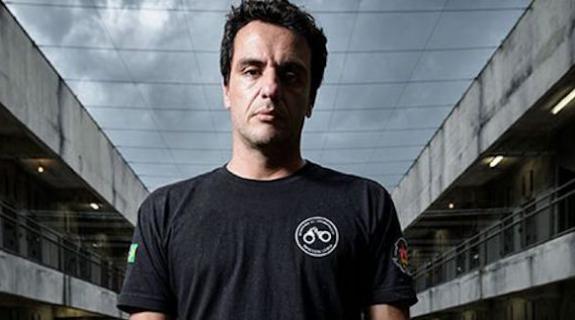Latin America may be best known for its telenovelas, otherwise known as soap operas, but the region has seen a surge in dramas that has given rise to new talent, production and distribution models in this growing market.
“It’s been an exciting time,” said Raphael Corrêa Netto, executive director of international business at Brazilian network Globo, during the panel “Latin America’s Dramatic Renaissance” at the Drama Summit West conference in Los Angeles.
As the market changes, the company has been expanding its genres—producing content distributed worldwide, and making it available for a range of viewing options including Open TV, Pay TV, video on demand and cinema. To nurture this evolution of the drama genre, Globo recently launched an incubator program, Casa dos Roteiristas (House of Screenwriters) that brings together the company’s writers to develop content for different platforms and international audiences.
“It’s expanding the ways we think about content development,” Corrêa Netto said.
He pointed to Jailers, which looks at the Brazilian prison system from the perspective of an inmate, as an example of the new content the studio is producing. The series took the Grand Jury prize at the second edition of MIPTV’s MIPDrama Screenings competition, and was the only Latin American pick out of 12 nominees. It premieres in June.
He also highlighted Supermax, Globo’s first original series developed in Spanish for the Latin American market. It was produced through a partnership with Spain’s Mediaset, Mexico’s Azteca, Argentina’s TVP and Uruguay’s Teledoce.
At Fox Networks Group Brazil, VP of Original Productions Zico Goes highlighted Me Chama de Bruna, (Call Me Bruna) based on the true story of Raquel Pacheco, also known as Bruna Surfistinha, a young middle class girl that becomes a famous prostitute in Sao Paulo, Brazil. The series has become the network’s most-watched original in Latin America.
Goes said he has seen “a hurricane of creativity,” and the network is producing four to five original series a year.
Although all of Latin America is seeing an increase in drama productions, Brazil seems to be leading the charge.
“It’s a huge country,” Goes said. He sees Brazil being at the forefront because it has the resources, established platforms, and a lot stories to tell.
“There’s so much talent out there,” added Roberto Rios, vice president of original content at HBO Latin America.
Kelly Wright, head of Latin America at Keshet International, pointed out that many stories have universal themes that work in any language, and in any country, as Latin American networks focus on developing content geared toward international distribution.
“We want to create shows that are big enough,” Corrêa Netto, “and then leverage them to other markets.”
Tags:













































__twocolumncontent.jpg)











